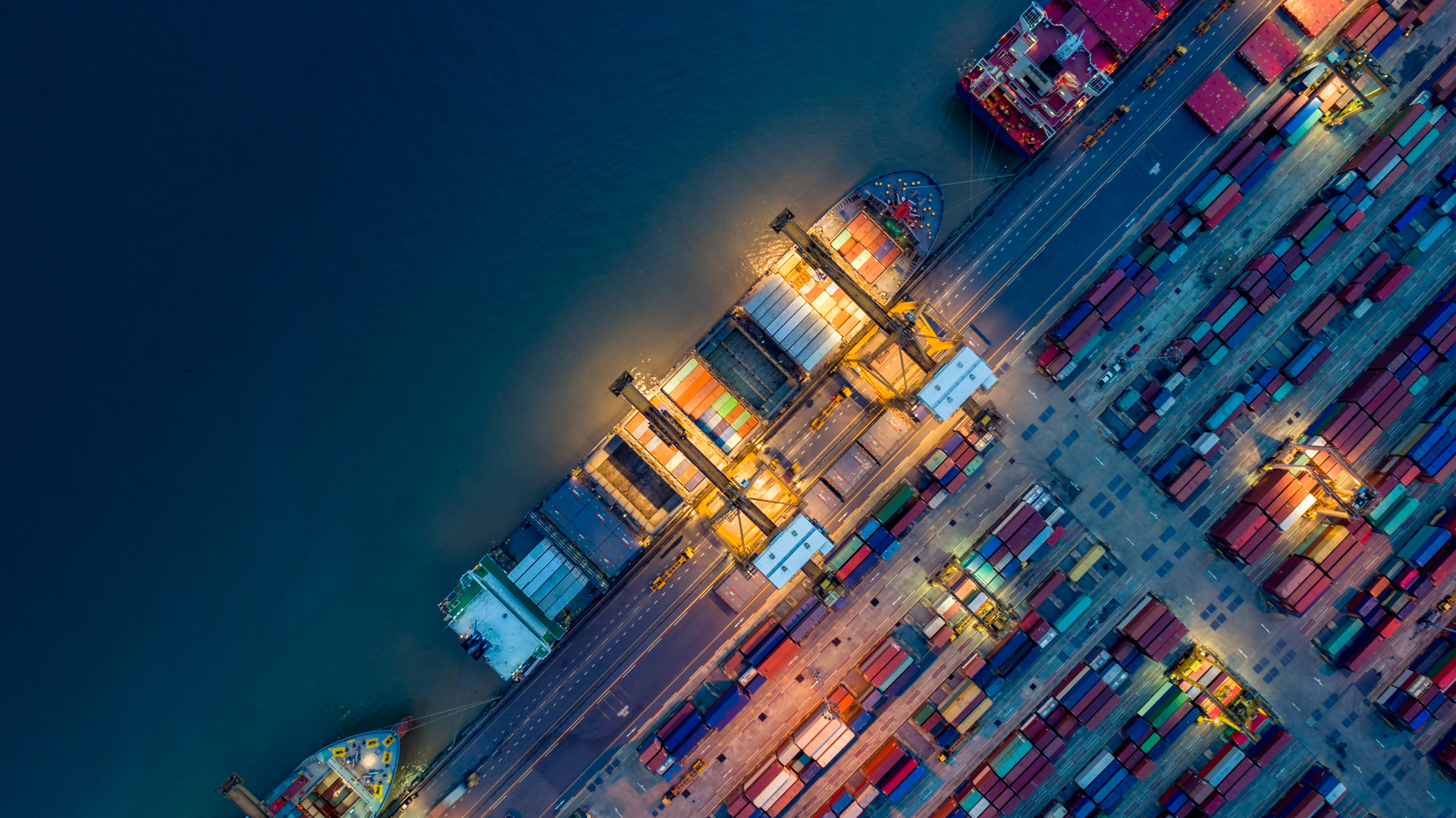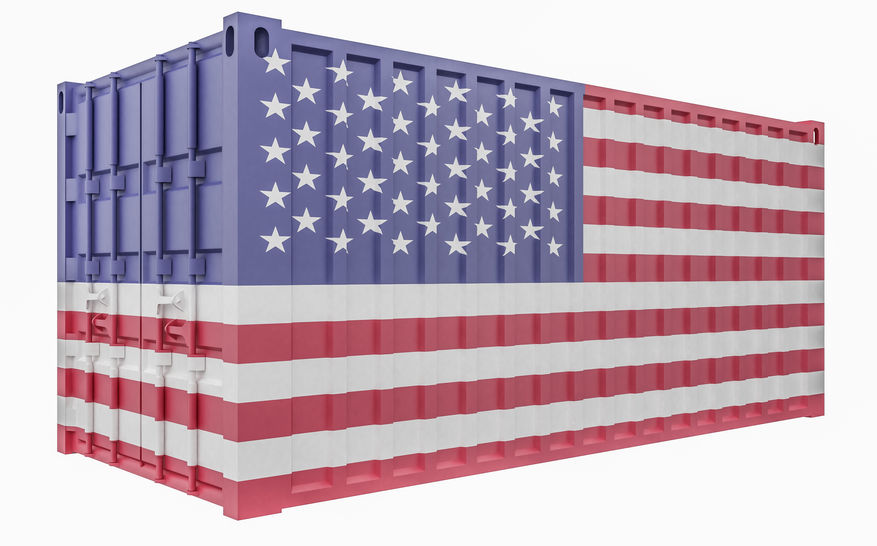Ordering offshore for the first time? Here’s what you should know.

Many businesses today source offshore to take advantage of lower prices or to obtain goods unavailable in North America. The savings can be significant: sourcing from China, for example, can reduce product costs by as much as 75% - or even more (1). However, there also may be different financial requirements, export.
Chapter 2: Importing into the U.S. - Change is in the air

Regulatory changes related to border enforcement were signed into law in February of this year under the TFTEA (Trade Facilitation and Trade Enforcement Act). All indications are that enforcement at the U.S. border is on the rise already, and this trend is likely to continue.
Chapter 1: Importing into the U.S. – The “Mod Act”: Compliance and Penalties

The U.S. Customs Modernization Act (the “Mod Act”) is part of the North American Free Trade Agreement (NAFTA) Act and pertains to improving compliance and enforcement with U.S. customs laws. Among other things, the Mod Act places legal responsibilities on the importer for declaring all relevant information with.

Latest Articles
- Key differences between duty drawbacks and duty refunds for importers
- Mitigating container shortages and rising shipping prices for ocean imports
- How Canadian importers benefit from end use tariff codes and conditional relief
- The benefits of operating as a Non-Resident Importer in Canada
- How cross-docking improves shipping goods across the supply chain
Page 0 of 1